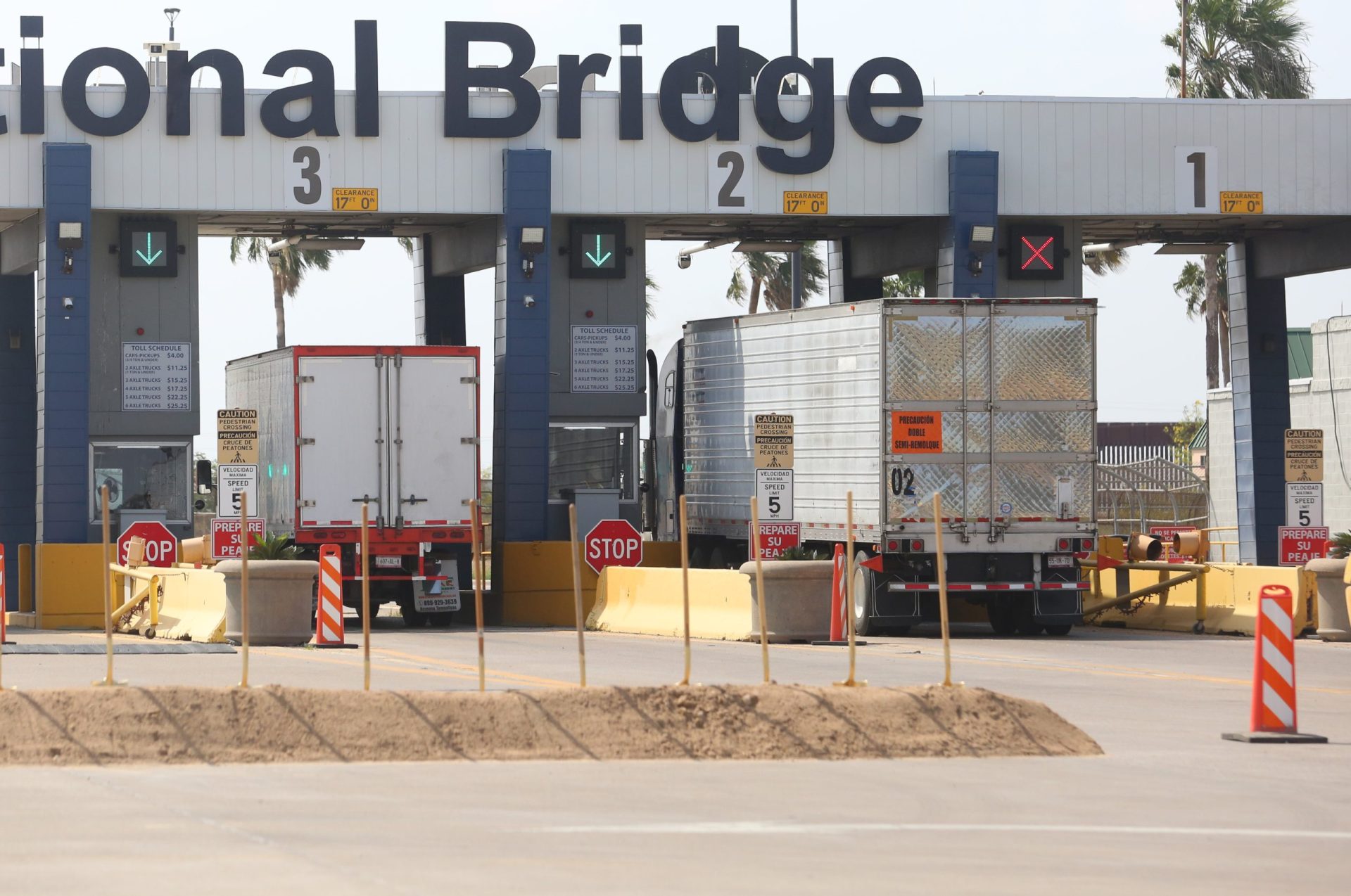|
Only have a minute? Listen instead
Getting your Trinity Audio player ready...
|

To say that the current surge of migrants to our border is a crisis would be an understatement. The hundreds of thousands of people seeking to enter our country and escape violence, corruption and dysfunction in their home countries has become a major part of our current political dialog.
Much of that dialog — and subsequent allocation of resources — has focused on border security. However, our border is not only a barrier that seeks to keep unwanted encroachment to a minimum, it also is a conduit for international trade that helps keep our families fed and our economy strong.
While border security deserves attention and investment, keeping our ports of entry open to legal traffic and trade is just as vital.
Unfortunately, that hasn’t been the case recently, as the Border Trade Alliance pointed out in a letter sent Thursday to Homeland Security Secretary Alejandro Mayorkas. The BTA is right to raise Mayorkas’ attention to the matter and seek help keeping our borders open as well as secure.
In recent weeks, our inability to properly address the migrant surge has led to the closure of border crossings in San Diego, El Paso and Eagle Pass, in part to redirect staff toward processing refugees instead of checking casual crossers’ documents and inspecting freight trucks. Those closures must be temporary; the flow of asylum seekers isn’t likely to drop anytime soon, and permanent staffing is needed to deal with them.
Closing trade routes causes enormous damage to our nation’s economy, and the people who depend on goods from the south to stock their store shelves and feed their families.
Maintaining the flow of trucks and trains is only part of the equation, however. Many Rio Grande Valley residents surely remember the economic devastation created in 1995 when the peso devaluation slowed cross-border traffic to a trickle. Hundreds of stores in downtown Brownsville, McAllen and other Valley cities were forced to close, and recovery has taken decades; some stores remain empty to this day.
Fortunately, some elected officials still recognize the need to support cross-border trade. They are led by U.S. Sen. John Cornyn who, unlike some Republicans who focus on closing our borders, has continued to promote investment in infrastructure improvements that can improve trade.
However, that investment can’t end when the concrete dries; staffing is needed to utilize those improvements.
People who use Valley bridges surely have noticed that many booths usually are unused. For example, the northbound lanes of the Pharr-Reynosa International Bridge has 12 customs booths, but normally fewer than half of them are open due to a shortage of customs inspectors.
It makes little sense to invest millions of dollars into creating new lanes at our ports of entry if they can’t be used because they can’t be staffed.
We hope the BTA’s plea convinces the secretary of the need to keep our borders open to trade. More importantly, we need our members of Congress to take the plea to their colleagues so they can support staffing improvements that not only will benefit trade and economy, but east the stress at our bridges that can affect both efficiency and security.




